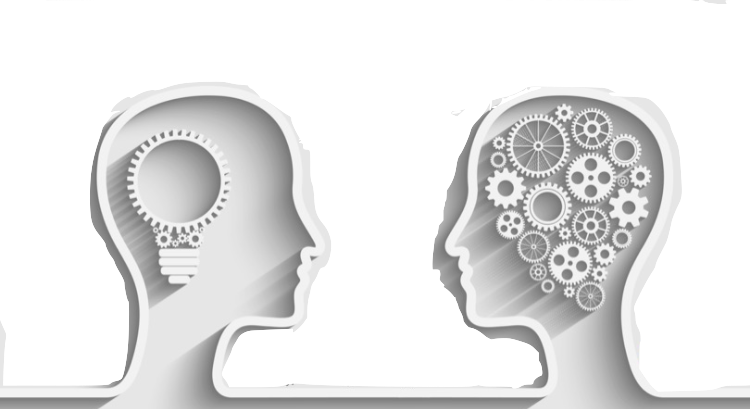These days, Artificial Intelligence (AI) and robotic technology are nearly omnipresent. Systems, that one time seemed like a sci-fi vision of the future, are beginning to (somewhat) seamlessly integrate into our daily lives. Fortunately for us, these systems are not intended to take over the world, but rather, to make us, as humans, better at living our lives.
As with previous technological revolutions, however, there are costs and benefits to the implementation of new technology. There are different moral quandaries we face in the process of developing and using technology.
Thursday, February 28th, The Cooper Union and IEEE TechEthics co-hosted a panel discussion called, “Shaping the Future Workforce: Transformative Impacts of Emerging Technology.” The Cooper Union is a private institution that focuses on the advancement of art and science. IEEE, referred to as I-triple-E, is the Institute of Electrical and Electronics Engineers.
The purpose of the panel was to discuss the prevalence of automated intelligence systems and their impact on the workforce. The panel was moderated by Mark A. Vasquez of IEEE and featured: Brigitte Andersen of the Big Innovation Centre; Joanna Bryson, a professor at University of Bath; Michael Chui from McKinsey & Company, an international management consulting company; and Vinicius Pinheiro, a Deputy Director of the International Labour Organization for the UN.
Vasquez began the panel by introducing his colleagues and stating the purpose of the panel as a discussion about the different ways in which automation may change the way we work. He defined automation as “any technology that in essence replaces anything a human might perform.” In other words, automation is the transformation of a human function into a non-human function.
The panel began with each member sharing their opinions on the pros and cons of workforce automation. The initial motion debunked the theory that AI will take our jobs. In fact, the reality is quite the opposite; by automating certain work tasks we have more jobs than we have ever had before. Chui posed the question, “How much time do people spend doing what their job description says they should be doing?” With automation, the mundane, repetitive tasks are eliminated and more value-added jobs are created. However, as members of the workforce, we must be prepared to adapt and change with technology, because ultimately, the organization of work is going to look much different, Andersen warned.
The reorganization of the workforce comes with inequality. Bryson noted that communities have always built themselves around private knowledge. A community exists and functions because each individual offers unique intelligence. Each community also exists as a unit because it stands in competition to adjacent communities. However, in transitioning human tasks into automated ones there is the risk of destroying community intelligence by making it replaceable. Bryson said the structure of the community can “be deconstructed and rebuilt anytime” with AI.
The thing about this “second industrial revolution,” as Pinheiro called it, is not that we will face the stereotypical “robopocolypse,” or that technology will determine our lives, but that ultimately, we do not know the effects it will have. We need to make technology work for us so we can continue economic growth and further inclusivity. This means we must educate ourselves and adapt at the same pace that technology is developing. Technology offers great opportunity but with that opportunity comes great risk, Vasquez added.
One of the most compelling points of the night came from Anderson in regards to tech giants and personal, virtual data. Tech giants such as Uber, Facebook, and Amazon have, in many ways, monopolized the tech industry. They have done so by constantly collecting data from individuals.
Data rights currently exist as individual rights rather than community rights. As of now, only a few companies have access to our private data. (This is why when you enter other sites they have to ask to use cookies which then gather your data.) Anderson argued that creating a communal data pool could actually change the competition. If we open up access to private information we could potentially destabilize tech monopolies. Maybe this is our chance to rewrite the tragedy of the commons.
Overall, the panel was incredibly thought-provoking, informative, and at times contentious. However, that contention seems to be a good thing. The automation revolution is going to affect us all, and differently. Rather than resist the changing landscape we must be prepared for change. And, as always, be critical of emerging technologies, but more importantly, be critical of how it is used and who it affects.
Reference & Photo
“Shaping the Future Workforce” a panel discussion hosted by The Cooper Union and IEEE

